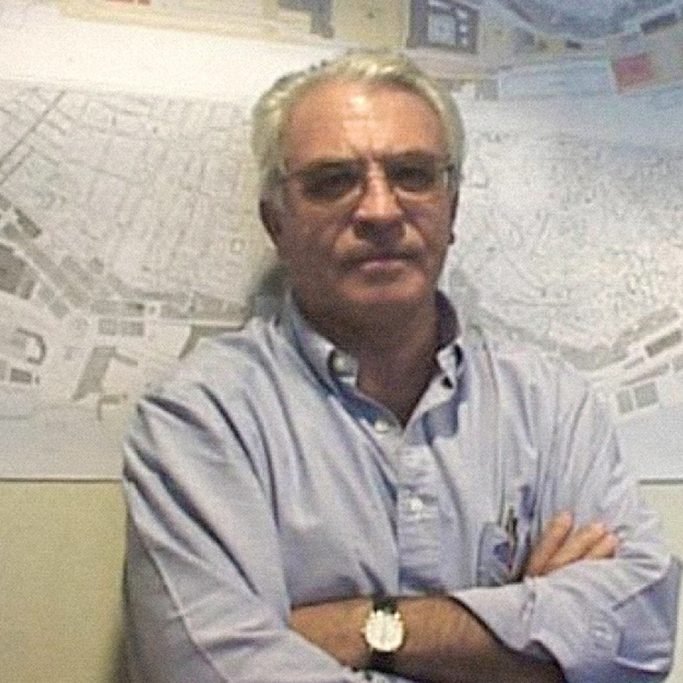Carbon Neutral City
A agenda para uma cidade comprometida com a neutralidade carbónica.
A sustentabilidade, nas suas múltiplas dimensões, é fundamental nas políticas públicas e no planeamento urbano. De forma a respondermos aos problemas e desafios urbanos associados à mobilidade, à energia e à economia circular é preciso equacionar as melhores soluções que contribuam para que a Cidade do Conhecimento seja ambiental, social, económica e culturalmente sustentável.
Como elemento central na conceção de uma “Carbon Neutral City” surge a preocupação com a redução do consumo de energias fósseis e das emissões de Gases com Efeito de Estufa.
Como respondemos a este desafio?
Ao pensarmos neste novo modelo de cidade, é necessário criar as condições para a utilização de mobilidade activa, que procura neutralidade carbónica, e para a priorização de sistemas de água e de energia altamente eficientes.
Por outro lado, é determinante que a maioria das necessidades energéticas encontrem resposta local na produção a partir de fontes renováveis. Assim, é possível gerar comunidades de energias renováveis, interligadas num sistema de partilha energética, de forma a colmatar os excedentes de consumo.
A prioridade ao processo de transição para a economia circular é igualmente determinante, devendo ser criadas condições para que a maioria dos resíduos produzidos seja reutilizada, o seu excedente transformado em CDRs, biocombustíveis para produção de energia adicional e os resíduos orgânicos sejam alvo de processos de compostagem alimentando os processos de agricultura local.














